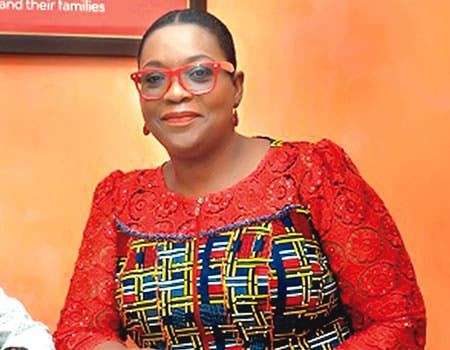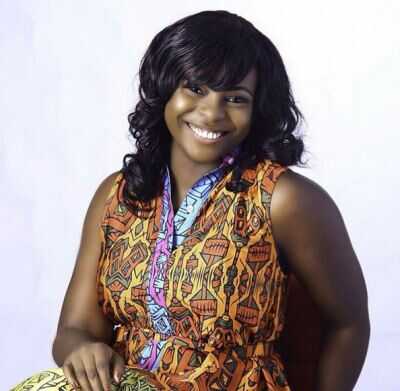Demand Accountability Around Monetary, Material Distribution
President of the Nigerian Women Trust Fund (NWTF), Mufuliat Fijabi and CEO, Women’s Radio, Toun Okewale-Sonaiya have lent their voices to women groups that have decried the poor representation of women in the distribution of cash and relief items to cushion the effects of the COVID-19 pandemic and subsequent lockdown.
They revealed that most women lost their source of livelihood during the lockdown while a good number of women and girls suffered sexual and gender based violence. They urged government at all levels to show Nigerians how they spent the monies raised and who benefitted from the palliatives they claimed was distributed to the most vulnerable as studies show many vulnerable people, including women and differently-abled persons did not benefit.
She added that women have been in the forefront of the pandemic as care givers, health workers and family managers and have continued to do all these with little or no government involvement. “Unfortunately, less visibility has been given to women’s efforts and government at all levels have refused to involve women. At all levels, government should deliberately mainstream women into all its activities and response to COVID-19 and the efforts already made by women who did not wait for government to involve and invite them must be acknowledged.
Sonaiya said that whilst individual women and women organizations are pushing for inclusion and amplifying female voices on national issues, more women are demanding accountability, condemning corruption and challenging stereotypes. “We need more women in positions of authority to speak up, we need to be more strategic and utilise varied approaches to increase our numbers and strengthen our visibility. Take for example, the equal opportunity bill of 2016 that was presented in 2019 by Senator Olujimi, it’s a bill that every Nigerian woman should be talking about and every Nigerian man should support because it seeks for a fair, healthy, and conducive Nigeria for all. We’ll continue to ride on the wings of those who paved the way as we widen the road for more seats to be created. We need put gender on national agenda and make it everyone’s agenda.”
Okewale-Sonaiya lamented the fact that an alarming number of women and girls suffered increased violence during the lockdown, with the home being most unsafe place for them. “According to reports, 36percent of married women experienced spousal, physical, sexual and emotional violence during the lockdown. 55percent didn’t seek help due to fear, lack of support and ignorance and from our engagement with Northern Nigeria women, mostly due to religion and culture. We need to advocate against any belief and custom that aids silence, violence and suppression of women. We need more male voices to educate and teach other men that the holy books do not preach violence but love and compassion.”
She revealed that many Nigerians still don’t believe COVID-19 exists and this is due to lack of trust in the government. “Some governors were initially discrediting it with zero data sharing in most cases. While media houses continue to play its role to sensitise, the government needs to intensify awareness. People go about without using masks and physical/social distancing is no longer practised. We may not have experienced a pandemic in Nigeria and cases may be decreasing, but people are still contracting it,” she said.

